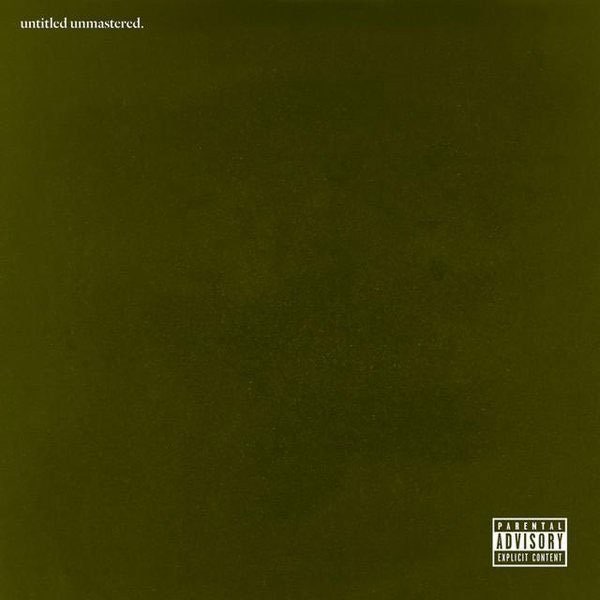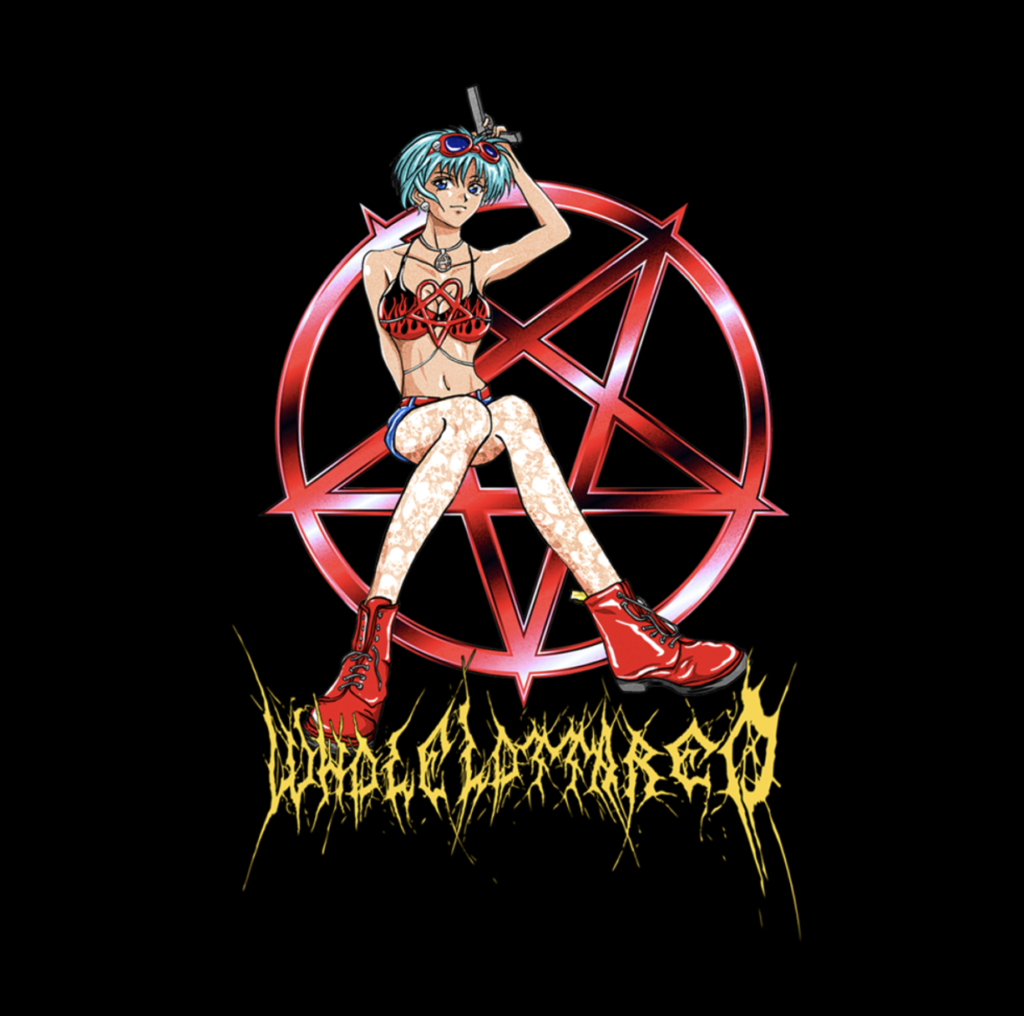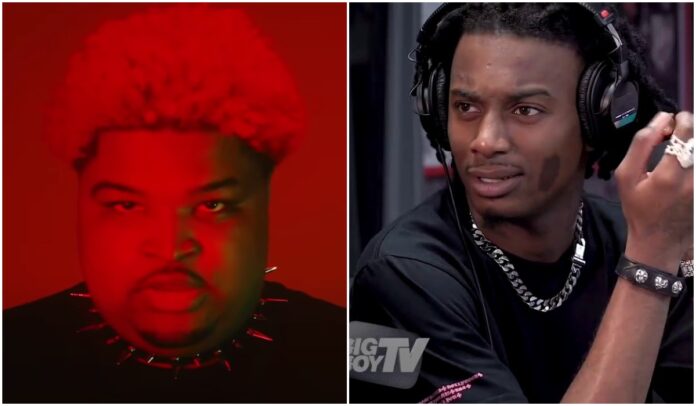If I had one of music’s most unique sounds and spent 2+ years building up to my biggest album yet just to have a viral (albeit talented) artist steal my entire wave before I drop, I’d be heated.
Such is the position Playboi Carti finds himself in with Mario Judah.
On the surface, this is hysterical. There are plenty of blogs who have pointed out the humor and brand marketing at play here. But there’s a lot more this wild measure from Judah could set in motion.
Questioning Thirsty Fans and Passive Rappers
Firstly, it’s clear Mario Judah is a big Carti fan. This move is as much a creative demand from a supporter as it is a bold step for an upstart artistic career. The next topic of interest here is an annoying truth about Carti’s catalog that opens a debate about the artist-fan relationship—his content is always getting leaked.
While leaks and snippets drive much of the fervent support Carti gets online, how much of an impact do overzealous fans and cold-blooded hackers have on the release strategies of popular rappers?
Sure, an artist as big as Carti should have a hard drive full of unreleased material to throw an album together. But what if he planned on “Cancún” and “Place” being singles for Whole Lotta Red? What if he had a video shoot planned for “A Lot On My Mind”?
The bigger question in this age of history’s most demanding cultural consumers: do artists need to satisfy every feeding frenzy, or do fans need to chill?
The last thing I find interesting about Judah’s audacious move is the precedent he breaks, as well as a new one he could possibly be setting. Forget subliminal disses and interview soundbites: an artist making their own version of another artist’s upcoming album to pressure them into releasing content??
That is competition. That could make Carti go, “Fuck this theatre class ass nigga, time to work.” This could lead to further innovation from Carti since Judah’s use of baby voice and choice of sugar-high trap beat (that he made) demonstrates the Carti formula is known and replicable.
Even if no rapper does anything quite as drastic as “Bih Yah” again, Mario Judah is directly challenging the craft of another rapper in an exciting, constructive way. In an age where a lukewarm mention of one rapper by another rapper is considered a diss, Judah’s Whole Lotta Red finesse might open up a door for rappers to sharpen each other’s blades again without it being coded as hating.
On the other hand…
This could excuse fans and hackers for taking albums worth of unreleased Carti music before he was ready to share it. This might be the biggest recent event to validate our unsatisfiable desire for content as the norm.
In one of his many memeable video threats, Judah complained about the length of time between Carti’s last album and the present day, roughly two years. While Kendrick fans have grumbled during the three years since DAMN., they aren’t close to the starvation mode we saw Uzi fans in prior to Eternal Atake or Carti fans as they currently wait for Whole Lotta Red.
How responsible is an artist for their fans’ culture?
Consider Kendrick Lamar, an artist with one of the most well-managed careers in music.
His releases are never botched or overshadowed. His music never leaks. His singles and features in between albums garner a safe level of hype, and he doesn’t let fans attach to an idea of new content before he’s ready to release something. It’s why he can get away with regular intervals of 2+ years in between albums without disappointing anyone.
Of course, TDE does a lot to make Kendrick’s career run so smoothly, but Kendrick is TDE as much as any artist or executive is.

In Carti’s case, one of his first breakout hits was “Broke Boi,” a loosey hot enough to have life without a project. And though his first two major label projects made for a stable two years of releases and commercial success, what really stoked the flames of anticipation for his second LP are all the damn leaks.
Sure, feature verses on “Earfquake” and “Almeda.” And yes, teasing “Cancún” as his stummy hurt. But not tweets. Not promo singles aside from “@ MEH” this past April. Leaks.
The wild success of “Pissy Pamper” is what’s got Carti fans foaming at the mouth. Same with the cultish love for “Not Real”—known as “Molly” initially because fans named it before Carti did—and other unreleased fan favorites that have grown into a love for an album that isn’t even out.
Sure, it’s been two (closer to three) years since “Die Lit.” But “Cancún” leaked in September 2019. “Neon” leaked in May 2019. “A Lot On My Mind” and “No Lie” leaked in January 2019, just eight months after Die Lit. Thanks to the hard work of hackers and a voracious fan base, there’s a crowdsourced tracklist and unofficial album art for WLR already compiled on Genius, plus nearly 100 leaked songs gathered by various accounts on streaming services. When one leak gets taken down, another fan revives it.

Carti fans have written such a great mythology about WLR, the real thing might actually upset them.
With dozens of songs, including some of his best work to date, stolen from him and enjoyed without a single cent earned from streaming or publishing royalties, how exactly do fans expect Carti to meet their expectations? They want Whole Lotta Red. So they collectively stole it, played the shit out of it, then came back to Carti demanding Whole Lotta Red.
“But don’t you already have it?” The incredulous father asked.
“WE WANT THE SAME ONE BUT NEWER,” shouted the incessant children.
The vast majority of Carti fans indulging in these leaks are not malicious hackers profiting from direct theft. But most Carti fans do expect him to put out a mindblowing album that is somehow unaffected by the heavy content losses he’s suffered. It’s hard to recreate a vibe, and much of Carti’s vibe between 2018 and 2020 is now freely available wherever music is streamed.
Even if this rapid pace of creation and consumption remains the norm, fans should take a hint from this Mario Judah WLR fiasco: if you care about an artist, trust them enough to drop when they’re ready. It also wouldn’t hurt to campaign for better cybersecurity.
Update (12/8/2020): Edited for clarity and structure
